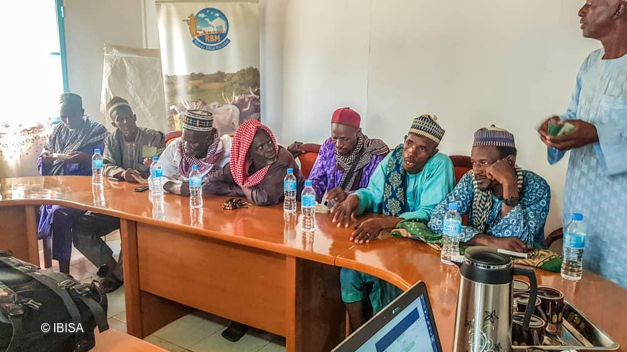
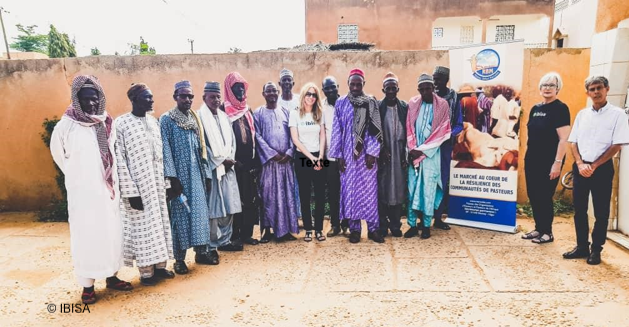
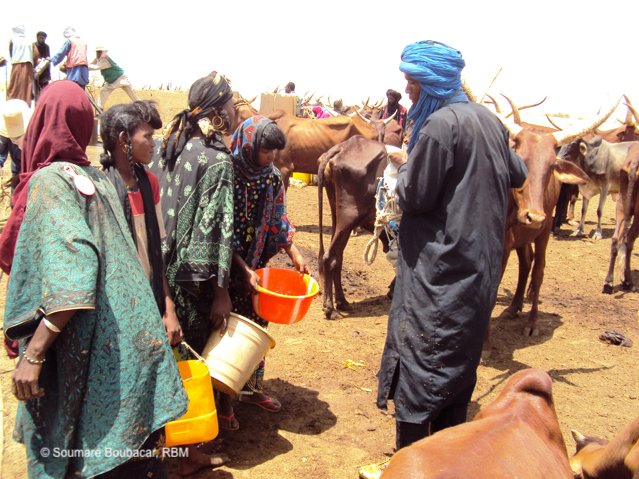
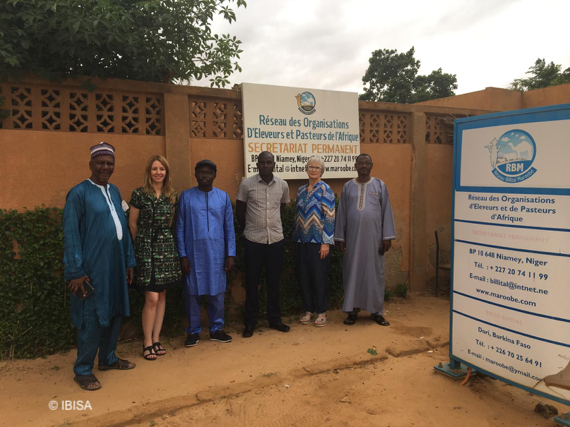
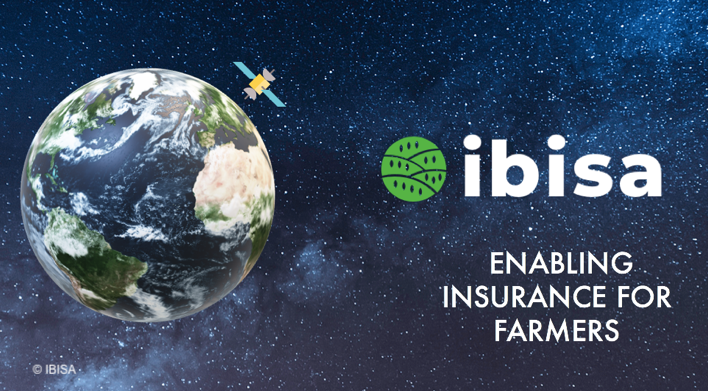

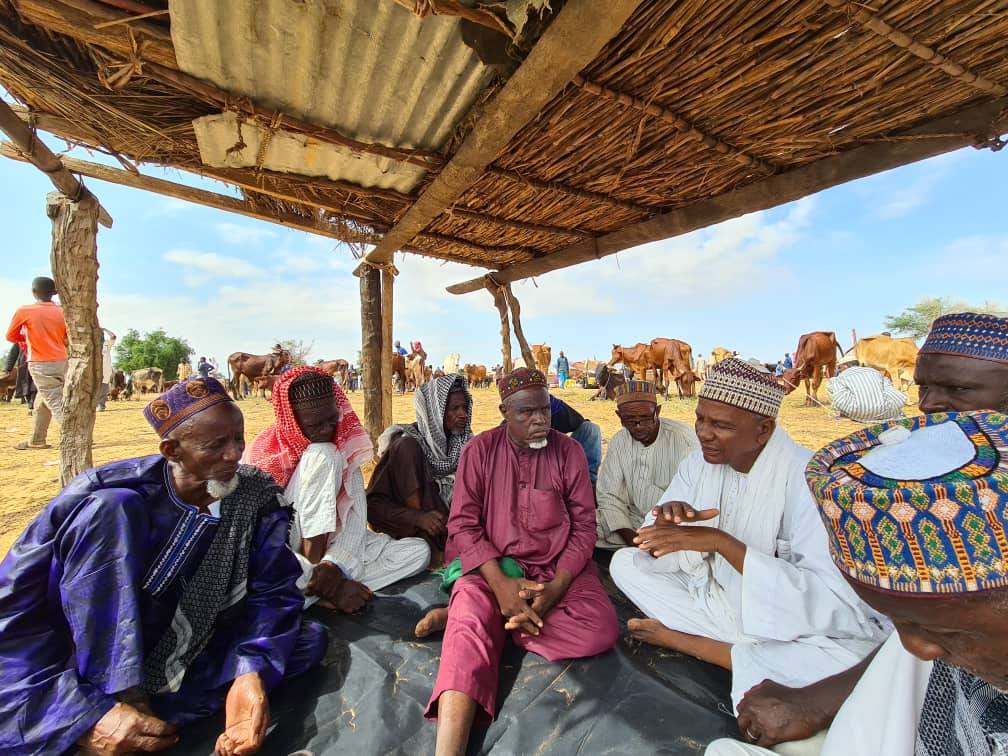
Lead partner: Bit Valley SàRL
Local partner:
- Réseau Billital Maroobé (RBM)
- AREN
Associated: Draxis
Edition: 2018
Country: Niger
Project status: Finalized
BPF financing: 200 000 €
Objective of the service
IBISA enables the next generation of insurance, a mutual risk-sharing service designed to solve the uninsurability of smallholder farmers and pastoralists in the world.
IBISA is a platform built on a decentralized mutuality-based system that enables the sharing of farmer-to-farmer risks in a transparent and cost-efficient way, harnessing the use of blockchain, satellite Earth Observation data and index-based risk modelling.
It’s a B2B platform where local partners globally on-board farmers in the mutual community to share their weather-related risks. It uses blockchain as trust machine and to lower admin and operational costs. It uses satellite data to design coverages and scale up damage assessment without using ground truth. It does monthly assessment & pay-outs removing the need of filing claims and providing timely compensation.
Problem description of the smallholder farmers situation in Niger
Niger is part of the customs and monetary union (called WAEMU) of the republics of Benin, Burkina Faso, Côte d’Ivoire, Guinea Bissau, Mali, Senegal, Togo and Niger itself. They share one Central Bank (BCEAO). Seventy-four percent of this region’s population lives on less than $ 2 per day.
More than 80 percent of Niger’s 22.4 million people rely on agriculture for their food and income. Most grow crops and raise livestock on small family farms; however, drought and flooding are increasingly threatening livelihoods and food security.
Back-to-back food and nutrition crises in Niger over the last few decades have pushed more people into hunger and poverty and worn down their ability to withstand shocks. An estimated 4.2 million people are at risk of food insecurity in this drought-prone Sahelian country, considered one of the world’s poorest and least developed.
Conflict in neighboring countries, which has sparked the return of economic migrants as well as an influx of refugees, has further aggravated the food situation in Niger.
This leads to the conclusion that Niger faces multiple environmental and economic challenges that directly impact its agriculture sector. There is a clear need for processes and products that provide effective means to protect farmers and pastoralists against crop losses and build a sustainable development for crops and pastoralism. Traditional methods (self-protection) are not adequate in the face of climate change and other challenges affecting this region, and farmers are ready to change their ‘habits’ and adopt new methods of protection.